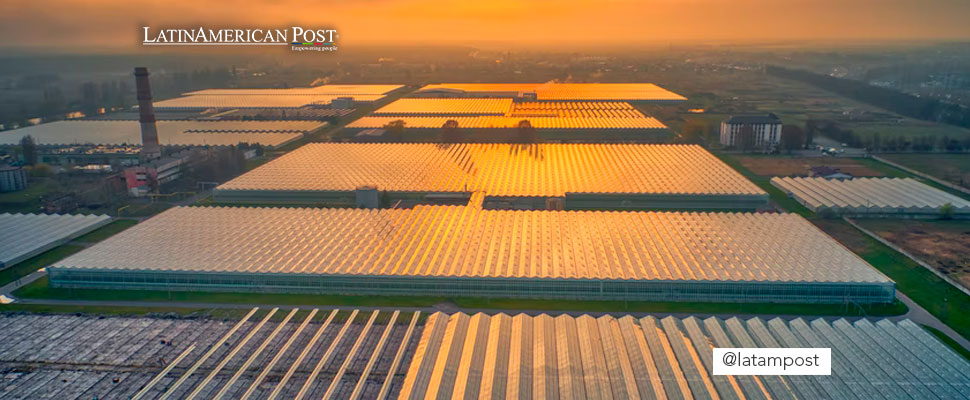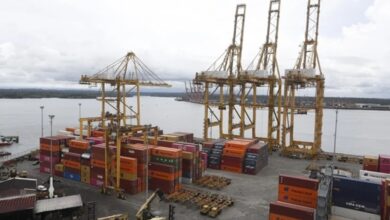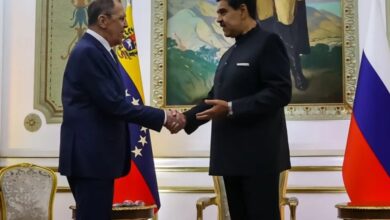Renewable Energies in The EU are key for the Russia-Ukraine conflict
On the current Ukraine-Rusia conflict, renewable energies play a bigger role than it may seem

Photo: Unsplash
LatinAmerican Post | Vanessa López Romero
For a few weeks, the world has had its eyes on Ukraine, a country in Eastern Europe, since Russia, its neighboring country and to which it was previously annexed during the Soviet Union, has increased troops on its border in recent days. This would respond to the expansionist intentions that Vladimir Putin, President of Russia, has shown since the annexation of Crimea that used to belong to Ukraine.
The situation has put Russia and the West in tension. Ukraine, today closer to Europe, is being cornered by the nuclear giant, which in turn requires NATO to have strict limits on the activities it carries out in countries bordering Russia.
In the midst of this conflict, the European Union (EU) has been directly affected because its main source of gas comes from Russia, so it could face energy cuts in the event that Moscow decides to react to the international sanctions that may be imposed due to the situation in Ukraine. And the fact is that the EU depends largely on this fossil energy source, since it accounts for 24% of its energy mix and 90% of its gas, which is imported, comes mostly from Russia. In fact, prices for March futures contracts have already increased by 14%.
Also read: A solution to avoid a war in Ukraine
With this situation, it is more than clear that although the EU has great differences with the nuclear power, it continues to depend to a great extent on it. For Ursula Von der Leyen, president of the European Commission, the risk must be mitigated. This has been done in the last month by “maintaining contact with other trusted gas suppliers.” United States , Qatar, Azerbaijan, Nigeria or even Japan, which has already been willing to increase contracts, are some of the candidates for this.
Likewise, the expansion of the gas pipeline network has been seen since Crimea was annexed to Russia, anticipating gas supply cuts.
A look at renewable energies
However, these solutions go against the agreements and promises that have been made by the EU to achieve carbon neutrality. For Frans Timmermans, EU climate chief, the best option for the region is to look towards renewable energies and stop depending on Russian gas. Investment in this type of energy would be key not only for the conflict that is currently being experienced, but above all for how it can develop in the coming years.
If Putin has an expansionist desire, Ukraine will not be the last Russophone country to be cornered by the world power. On the contrary, this is only just beginning, and when it progresses, the EU and the West should have the opportunity to take action without the need to fear something as problematic as the loss of energy in an entire region.
In addition, Timmermans touched on an important point, the indirect financing that Russia is receiving from all of Europe by supplying it with gas. “If we really want to prevent Putin from being very rich in the long term, we must invest in renewable energy and we must do it quickly,” he assured. And it is not a secret that with this financing, the economic power of Russia grows, as well as its possibilities of growing geographically.
Investing in renewable energies is a strategic action at the level of international relations in this case, but it also helps to achieve something that the EU has said it wants to achieve in recent years: stop depending on of non-renewable fossil energies and transition to cleaner energies, easily accessible in all countries.
Europe has energy independence in renewable energies.




